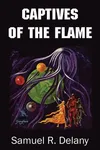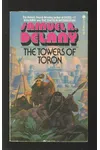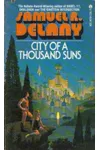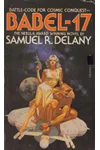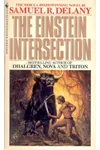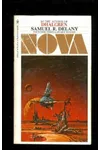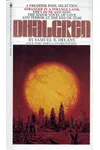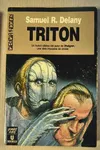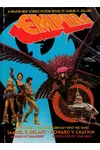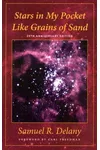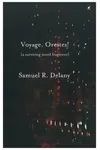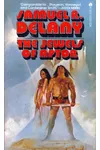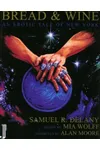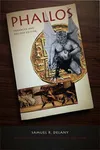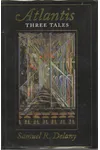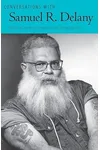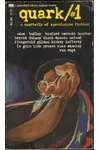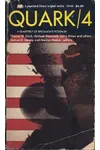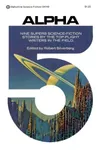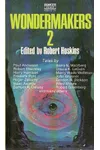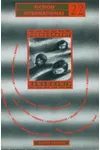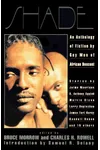Picture a Harlem-born visionary who wove galaxies, identities, and revolutions into science fiction—meet Samuel R. Delany! Born in 1942, this African American author redefined speculative fiction with his daring exploration of race, sexuality, and society. A Hugo and Nebula award-winner, Delany’s lyrical prose and bold themes have captivated readers for over five decades, making him a true grandmaster of the genre.
Delany’s work isn’t just about spaceships or dystopias—it’s about humanity’s edges, where identity and culture collide. From his groundbreaking novels to his incisive essays, he’s a storyteller who challenges conventions and invites readers to think deeply. Let’s dive into the life and legacy of this literary trailblazer!
The Making of Samuel R. Delany
Samuel R. Delany, often called 'Chip,' grew up in Harlem, New York, surrounded by a vibrant cultural scene. Born to a prominent African American family, he attended the prestigious Dalton School and showed early talent in writing. By 19, he published his first novel, The Jewels of Aptor (1962), launching a career that would blend science fiction with literary depth. Influenced by modernist poets and his own experiences as a Black, gay man, Delany brought a unique perspective to a genre often dominated by white voices.
His early years weren’t without struggle—navigating identity in a racially divided America shaped his worldview. Yet, this fueled his creativity, leading to stories that pushed boundaries and questioned norms, earning him a devoted following.
Samuel R. Delany’s Unforgettable Stories
Delany’s bibliography is a treasure trove of innovative science fiction. His 1966 novel Babel-17, a Hugo Award nominee, explores language as a weapon, following poet and starship captain Rydra Wong in a dazzling linguistic adventure. Nova (1968) is a mythic space opera, blending gritty interstellar quests with poetic prose, showcasing Delany’s knack for merging high stakes with introspection.
Perhaps his most celebrated work, Dhalgren (1975), is a sprawling, experimental masterpiece. Set in a surreal, post-apocalyptic city, it defies linear storytelling, tackling race, sexuality, and art through the lens of a mysterious protagonist, the Kid. Fans and critics alike praise its ambition, with over a million copies sold. Stars in My Pocket Like Grains of Sand (1984) further cements Delany’s legacy, offering a profound meditation on love and cultural difference in a far-future universe.
Delany’s style is both cerebral and accessible, weaving complex ideas—semiotics, queer theory, racial dynamics—into vivid narratives. His characters, often outsiders, resonate with readers seeking stories that reflect diverse experiences, making his work timeless and revolutionary.
Why Samuel R. Delany Matters
Samuel R. Delany didn’t just write science fiction—he expanded its possibilities. As one of the first prominent Black authors in the genre, he challenged its homogeneity, paving the way for writers like Octavia E. Butler and N.K. Jemisin. His fearless exploration of marginalized identities gave voice to readers who rarely saw themselves in speculative fiction.
Beyond novels, Delany’s essays, like those in The Jewel-Hinged Jaw, reshaped science fiction criticism, earning him the Science Fiction and Fantasy Writers of America’s Grand Master title in 2013. As an educator, he inspired generations at universities like Temple and UMass Amherst. His influence endures, inviting new readers to question, dream, and create.
- Born: April 1, 1942, in Harlem, New York
- Key Works: Babel-17, Dhalgren, Nova, Stars in My Pocket Like Grains of Sand
- Awards: Multiple Hugo and Nebula Awards, SFWA Grand Master (2013)
Ready to explore uncharted worlds? Grab Dhalgren or Babel-17 and lose yourself in Samuel R. Delany’s bold, beautiful universe!
